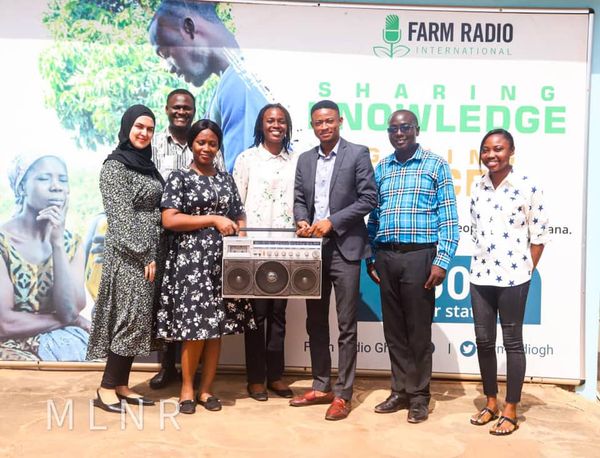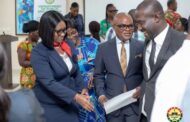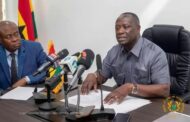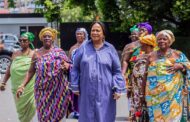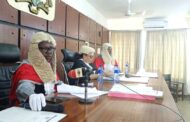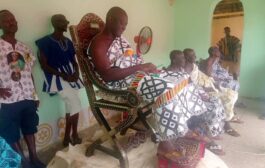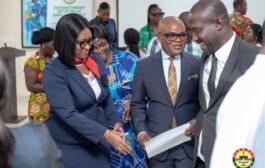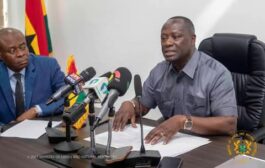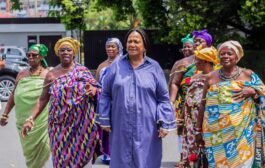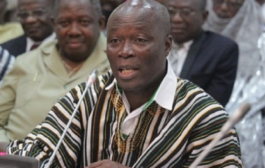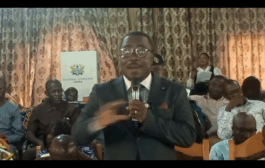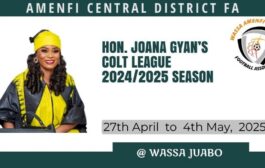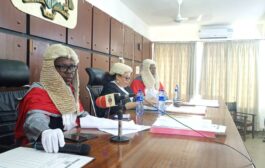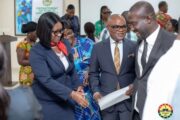Farm Radio International, an International non-profit Canadian organisation on Tuesday, 13th December 2022 held an interactive event for some key stakeholders on the theme, “Quality Communication for a Measurable Positive Impact”.
The Organisation’s mission is to make radio a powerful force in rural Africa by sharing knowledge, amplifying voices and supporting positive change as well as providing resources and training rural radio broadcasters.
The forum has two main objectives; is to share with participants knowledge, processes and experiences about radio for development communication and to network and discuss opportunities for sustainable radio programming in Africa.
The Senior Country Representative, Ghana, Mr Benjamin Fiafor, gave an overview of farm radio and a presentation of synthesised results of their projects.
Mr Fiafor mentioned some of their projects which include Gender Equality and Inclusion, Climate Change and Weather Services and Nature-based climate solutions amongst others.
Speaking on Climate change and biodiversity, Mr Fiafor said Nature-based solutions are “actions to protect, sustainably manage, and restore natural and modified ecosystems that address societal challenges effectively and adaptively, simultaneously benefiting people and nature.”
He affirmed that Nature-based solutions for climate change adaptation have evolved as an innovative yet essential tool to address this challenge.
The work of Farm Radio is to merge Indigenous viewpoints and ecosystem-based solutions to tackle climate adaptation efforts, saying that If appropriately implemented, these solutions can expedite progression towards a low carbon, equitable, gender-inclusive, greener and positive future, he added.
He noted that since their establishment in 2010, the organization has worked with over One hundred broadcasting partners and has thirty-two million potential listeners in mostly the Volta, Bono, Ahafo and Northern Region adding that the Farm Radio also diversifies in other sectors like Health, Technical and Vocational education (TVET) and not only in agricultural.
Participants were taken on a tour of the office which gave them the opportunity to ask questions and give feedback.
Source: Mybrytnewsroom.com/Kwabena Nyarko Abronoma



